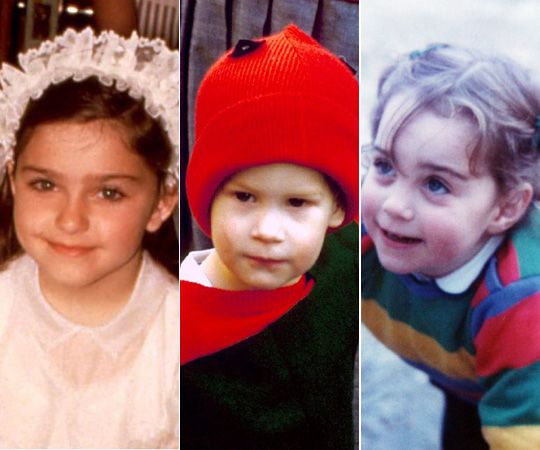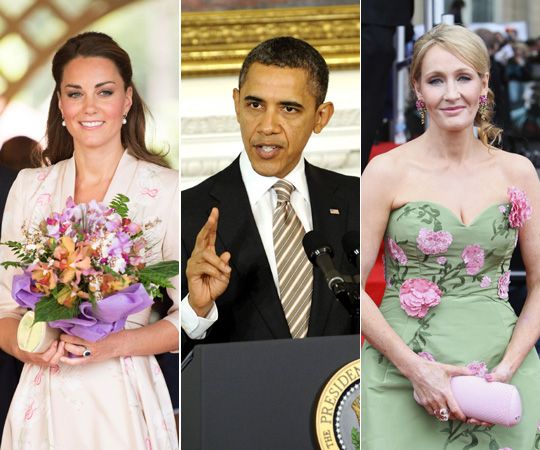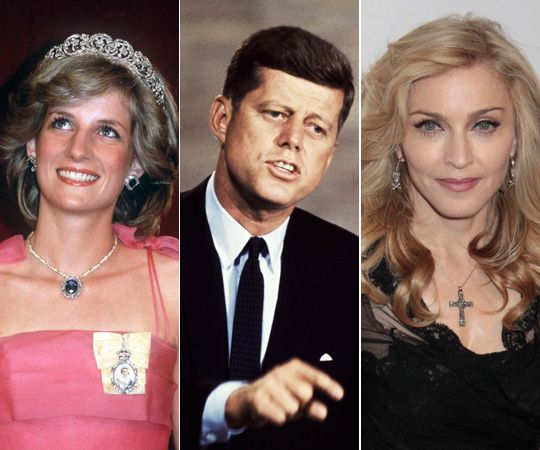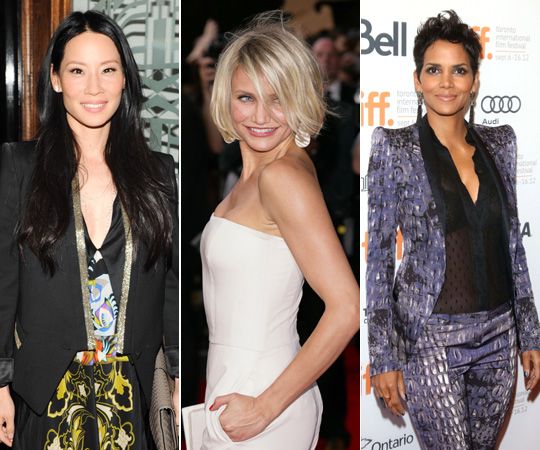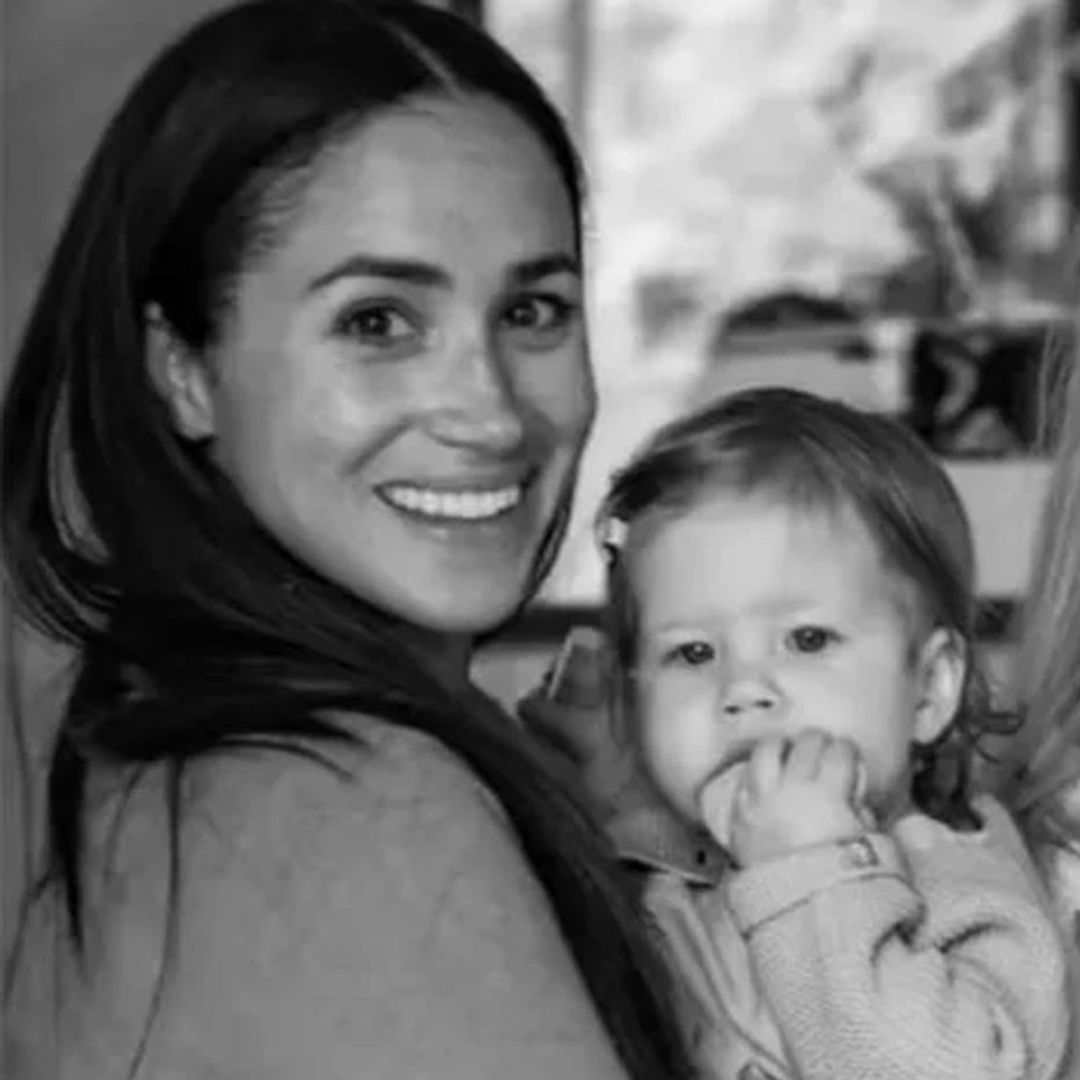We all know the stereotypes when it comes to birth order personalities; the only child struggles to share, the oldest child is bossy, the youngest spoilt and the middle – well the middle is stuck in the middle. But how much truth is there behind birth order differences?According to Frank Sulloway, the author of Born To Rebel, a child's personality isn't solely determined by biology. "It's the role siblings adopt that leads to difference in behaviour," he says.
And depending on their position in the family lineup, children will adapt their behaviour to vie for their parents' attention. Here we take a look at the traits found in children depending on their birth position.Oldest ChildrenFirstborns take the lead from their parents, they like taking charge and are bursting with confidence, says Kevin Leman, PhD, the author of The Birth Order Book. With mum and dad gushing over every firstborn, older children are often more motivated to achieve, a trait enhanced by the fact that they don't have older siblings making fun of them as they try to ride a bike for the first time. According to Leman, it is easy for firstborns to become perfectionists. The desire to mirror their parents means they want everything to be just right, and may also mean they struggle to admit when they are wrong. New to their roles as mums and dads, first time parents can be overly protective while also strict and demanding, says Leman, which can lead to children that are over-achievers.Intriguingly, every astronaut to go into space has been the oldest child in his or her family. And throughout history, more than half of all Nobel Prize winners and US presidents have been first born.Famous firstbornsBarack Obama, Winston Churchill, Kate Middleton, Oprah Winfrey, Hillary Clinton, Richard Branson, JK Rowling
Middle ChildrenDon't be surprised if your middle child appears completely different from your first born child. "Once a role is filled by the firstborn, the second born will seek out a role that's completely the opposite", says Leman. Subsequently, middle children are the most difficult to label because their personalities are formed in response to how they perceive their older sibling. For example, if the middle child perceives their big brother or sister as always being in mum and dad's good books, they are likely to rebel to get attention.Middle children often believe their elder siblings are given all the advantages and that the babies of the family are spoilt. In response, they are often good negotiators, have realistic expectations and tend to be the most independent. And because they are often without a clear role in the family lineup, they build bridges to other sources of support and tend to have good people skills. Famous middle childrenPrincess Diana, Martin Luther King, JFK, Madonna, Bill Gates, Britney Spears, Ricky Gervais
Youngest ChildrenBy the time the last child comes along, mum and dad aren't nervous first-time parents any more, and as such will let more things slide when it comes to the baby of the family. "They shoulder less responsibility, so they tend to be more carefree, easygoing, fun-loving, affectionate and sociable, and they like to make people laugh," says Leman.But being the youngest isn't all fun and games. Because last-borns view their elder siblings as faster, stronger, bigger and smarter, they tend to adopt an 'I'll show them' attitude, Leman adds, and can often be rebellious. And as the baby of the family they can be a little spoilt and very charming – and they are usually the most creative.Famous youngest childrenCameron Diaz, Halle Berry, Jim Carrey, Eddie Murphy, Lucy Liu, Billy Crystal
Only ChildrenOnly children share very similar characteristics to firstborns and frequently shoulder parents' high expectations. Referred to as "Super Firstborns" by Leman, only children are often confident, well spoken and tend to do well at school. They are also likely to use their imagination more than other children.Since they spend so much time with adults, they will often act older than their years and are used to feeling important as they've never had to compete for their parents' attention. They are likely to be perfectionists and can struggle to take criticism.Famous only childrenTiger Woods, Maria Sharapova, Natalie Portman, Alicia Keys, Al Pacino, Lance Armstrong, Daniel Radcliffe
It's important to remember these are all general trends, and the birth-order theory can be completely turned on its head depending on personality, age gap, family circumstance and a child's experiences in early life.

